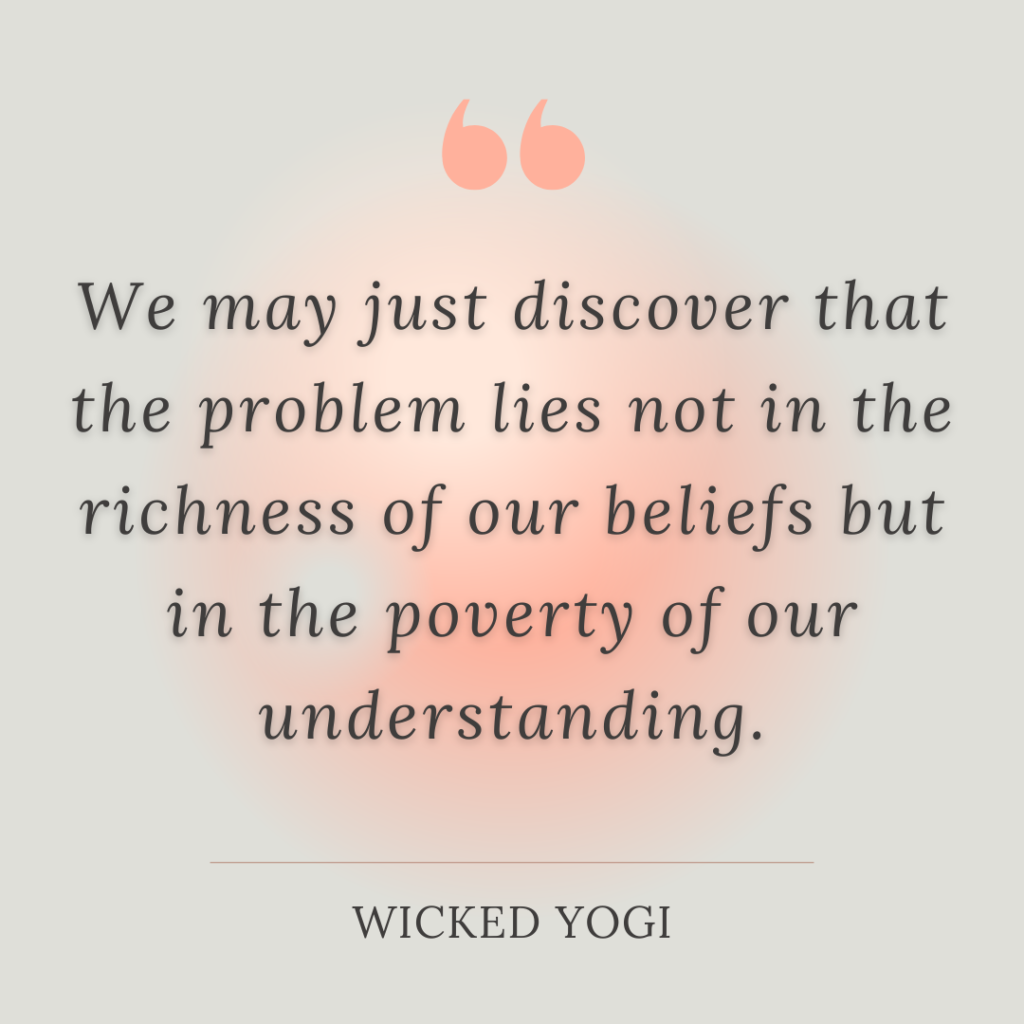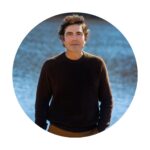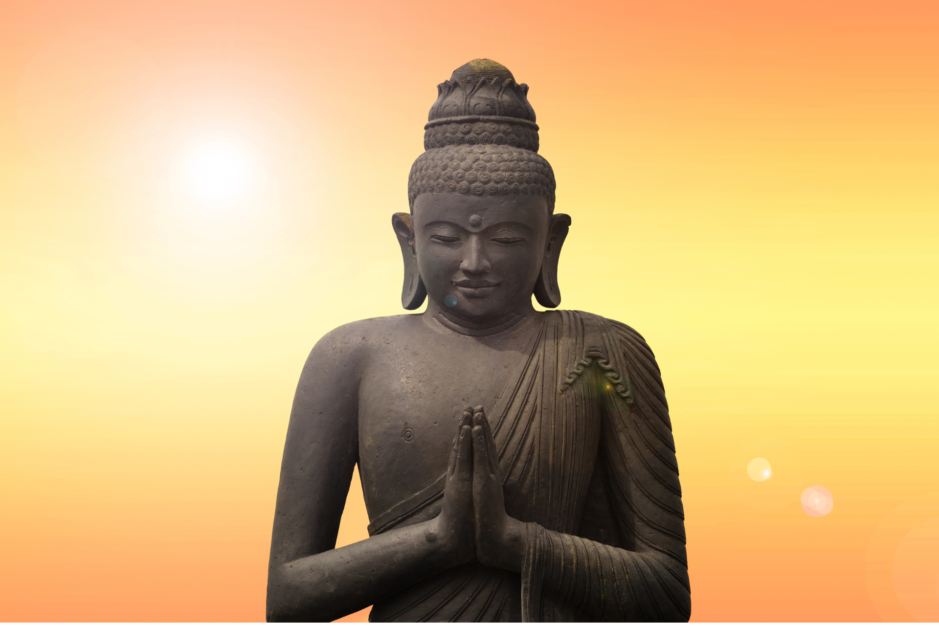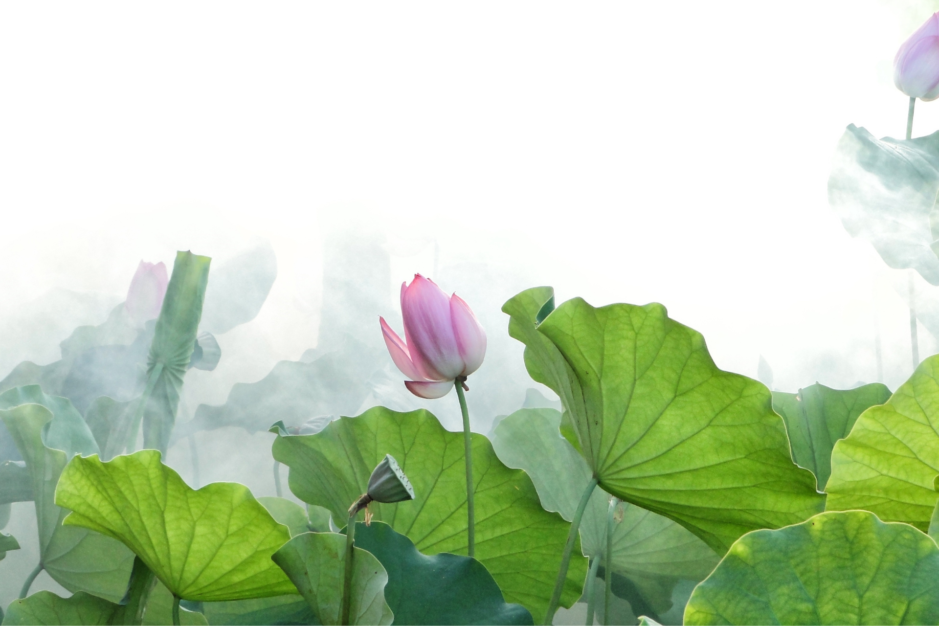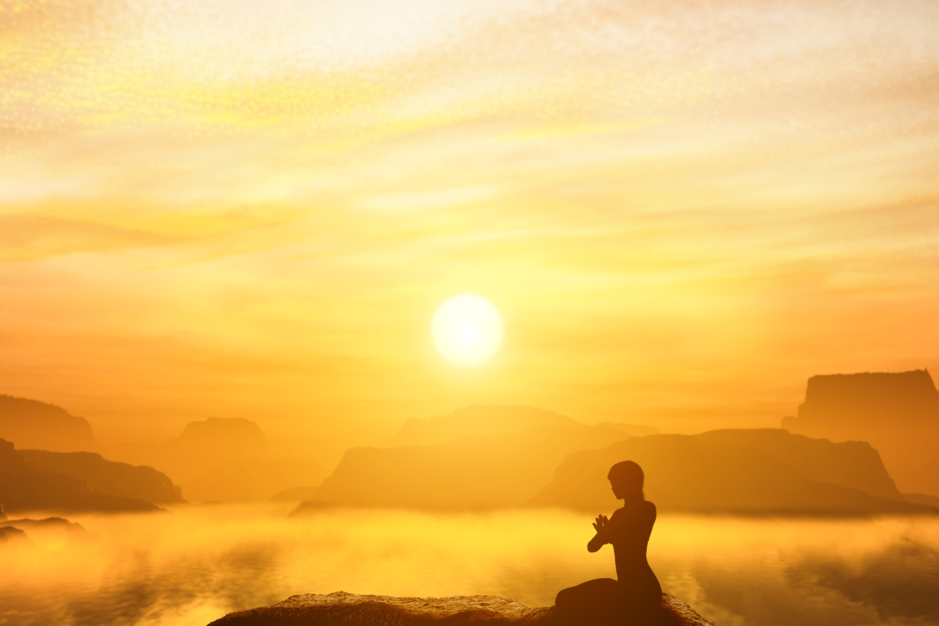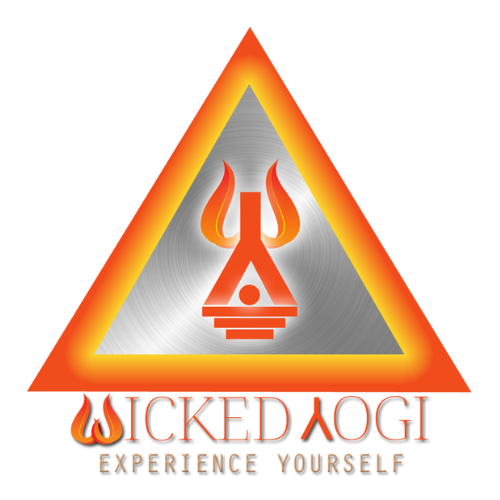As a Kashmiri Pandit who has experienced firsthand the catastrophic ramifications of religion-fueled strife, I feel compelled to impart my perspective on the intricate relationship between faith and division in our world today. In 1990, a brutal armed campaign was waged against my people, resulting in the slaughter of hundreds and the forced exile of the remainder. We had no alternative but to escape the valley, forfeiting everything overnight, including our homes, our sense of security, and our distinct identity. As a genocide survivor, I have witnessed the anguish and torment that can emerge when religious ideologies are wielded as instruments of oppression and hatred.
Now, residing in the Western world as an enlightened yogi and holistic Guru, I find myself with a multifaceted vantage point from which to contemplate and reflect upon the role of religion in our society. My personal experiences have bestowed upon me a profound and intimate understanding of the devastating consequences of religious conflict, while my ongoing commitment to learning and growth has expanded my perspective to encompass the broader struggles and divisions that arise from differing ideologies around the world.
"As a genocide survivor, I have witnessed the anguish and torment that can emerge when religious ideologies are wielded as instruments of oppression and hatred."
As a personal Guru to many, a glorified therapist if you will, I have come to understand that the problems people face are often self-manufactured, arising from the way they choose to interpret life's challenges. Just as an illness is characterized by symptoms that bring us down, we inflict phantom pain upon ourselves by labeling our experiences as "problems." Over time, this simulation of pain becomes real, as our minds have a magical way of manifesting what we focus on. The key to liberation, I believe, lies in shifting our perspective and embracing life as a grand party that we throw for ourselves, complete with ups and downs that are an integral part of the experience. How we choose to view these fluctuations is entirely within our control.
This insight applies not only to personal struggles but also to the global strife born of ideological differences. The conflicts that plague our world are, in essence, a reflection of our collective inability to transcend our limited interpretations and embrace a more expansive view of reality. We are still in the infancy of our potential, caught in a web of our own making, unable to imagine the heights we could soar to if we simply learned to see beyond our self-imposed boundaries.
"The key to liberation lies in shifting our perspective and embracing life as a grand party that we throw for ourselves."
At the crux of the issue lies a fundamental paradox: religious ideologies, which are intended to unite people and provide a framework for living a purposeful life, have frequently become wellsprings of division and discord. Instead of nurturing unity and empathy, we have permitted our differences in belief to foster an "us vs. them" mentality, leading to prejudice, discrimination, and even violence. It's simple to point fingers and assign culpability, but the reality is that no single religion or ideology is inherently virtuous or evil. The predicament lies in how we, as human beings, choose to interpret and act upon the teachings of our faith. When we become more focused on defending our own convictions than on understanding and empathizing with others, we lose sight of the core values that unite us all.
The seeming absence of divine aid during our darkest hour raises a perplexing paradox: if the gods are all-powerful and all-loving, why do they allow such suffering to occur? One way to reconcile this apparent contradiction is to recognize that the divine is not a separate entity but the very essence of our being. We are not mere puppets controlled by the strings of fate but active co-creators of our own destiny. The gods we invoke are the highest aspirations of our own consciousness, the ideals we strive to embody and manifest in the world. When faced with the overwhelming force of our oppressors, our inner wisdom guided us to choose the path of strategic retreat, knowing that preserving our lives and culture was the surest way to keep the flame of our faith burning bright. Like the mythical phoenix rising from the ashes, we chose to let our old lives burn away so that we could be reborn in new lands, our spirits undiminished and our devotion unshaken.
"The divine is not a separate entity but the very essence of our being. We are not mere puppets controlled by the strings of fate but active co-creators of our own destiny."
In the face of such profound insights, what can we do to break free from the cycle of division and forge a more harmonious world? The answer, I believe, lies in the same source from which our questions arise: the depths of our own being. Every religious ideology, from Hinduism to Buddhism, from Islam to Christianity, must undertake a prolonged, arduous examination of itself and pose some challenging questions. What distinguishes our faith? What are the core values and principles that define us? How can we embody these values in a manner that fosters peace, compassion, and understanding? These are the questions that we must grapple with if we aspire to create a world where religious diversity is celebrated, not dreaded.
One potential resolution is for each religious ideology to present a model country or community that exemplifies its teachings in action. These places would serve as living illustrations of the best that each faith has to offer, showcasing the power of love, compassion, and unity in the face of adversity. Envision a world where we could point to a Muslim community that embodies the true essence of Islam, promoting peace, tolerance, and social justice. Or a Christian nation that truly lives by the tenets of love, forgiveness, and service to others. By establishing these paradigms of religious harmony, we could inspire people of all faiths to strive towards a higher ideal and collaborate to build a better world.
Of course, this is easier said than done. Crafting such communities would necessitate an immense amount of effort, dedication, and cooperation from people of all backgrounds and beliefs. It would entail setting aside our differences and concentrating on the common values that unite us all as human beings. But I believe that it is an objective worth pursuing. Because at the end of the day, we are all members of the same human family, irrespective of our religious or cultural backgrounds. We all desire to live in a world where we can feel secure, loved, and accepted for who we are.
"One potential resolution is for each religious ideology to present a model country or community that exemplifies its teachings in action."
By taking a hard look at ourselves and our beliefs, and by working together to create models of religious harmony and understanding, we can begin to heal the wounds of division and build a brighter future for all. It won't be easy, and there will undoubtedly be challenges along the way. But if we approach this task with open hearts and minds, guided by the principles of love, compassion, and unity, I believe that anything is possible.
In the end, the path forward lies not in pointing fingers or assigning blame, but in looking within ourselves and asking how we can be part of the solution. By embracing the unique beauty and wisdom of our own faiths, while also recognizing the fundamental humanity that connects us all, we can begin to create a world where religious ideologies are a source of unity, not division. It is a formidable undertaking, but one that I believe is essential if we hope to create a future of peace, understanding, and prosperity for all. And as someone who has seen the devastating effects of religious conflict firsthand, I am committed to doing my part to make that future a reality.
So let us come together, not as Hindus or Muslims, Christians or Buddhists, but as fellow human beings, united in our shared desire for a world of love, compassion, and understanding. Let us be the change we wish to see in the world, and let our faith be a guiding light that leads us towards a brighter tomorrow. For in the end, it is not the gods who will save us, but the divine spark within each of us that has the power to transform our world. By shifting our perspective and embracing life's challenges as opportunities for growth and unity, we can transcend the illusion of division and create a reality that reflects the highest aspirations of our collective consciousness.
"If we can learn to see the common humanity that binds us all, if we can recognize the universal yearning for love and connection that pulses beneath the surface of our religious differences, then we will have taken the first step towards healing the wounds of division."
